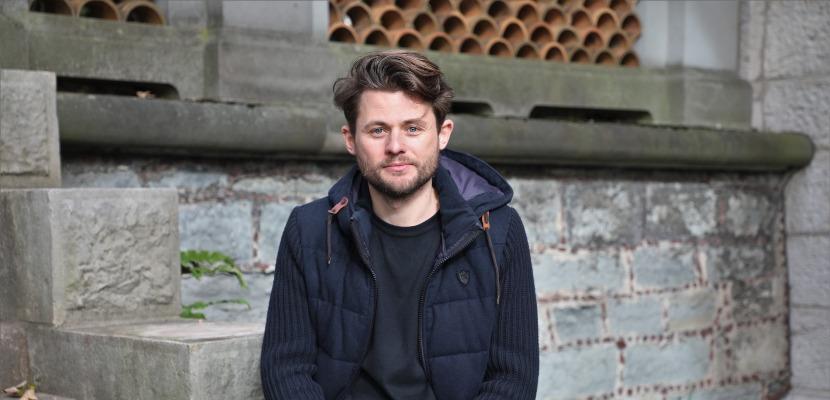What does your startup do?
We automate document-driven enterprise resource planning (ERP) processes, by leveraging machine learning. My brother and I started doing our research and developing the technology we use now at ETH Zurich, where my brother was studying. Then, about a year later, we officially founded the company as a spin-off from ETH Zurich in 2019. We’ve been growing ever since. What sets us apart is our deep focus on the ERP, meaning that our system doesn’t just look at documents and understand the information on them. It also understands the corresponding information in the ERP and is able to do necessary interpretations. We offer this as a software-as-a-service application (SaaS) in the cloud and have standard integrations to most common ERPs, so it can be deployed without heavy IT support.
Can you give us an example of how your SaaS works?
Companies receive many documents — things like customer orders, supplier order confirmations, delivery notes, and invoices. They often need to check those documents and compare the information with the information in their ERP systems because, for example, a change of a delivery date can have consequences for their supply chain. That’s time consuming, and not very efficient. But with our software, our machine learning algorithms automatically understand, compare, and input ERP documents. Our software does everything that a human would do — automatically with machine learning.
Is it true that your parents were in the same sort of business that you and your brother now run? And if so, what was it like growing up in a family with that background?
Yes, my parents own a company that built ERP systems for almost 30 years. When other kids could talk about soccer, I could talk about ERP systems! But seriously, my childhood was a dream, really — and I have to thank my parents for that. I grew up in the countryside in southern Germany with my brother and my sister, and we got to do so many things. We learned how to sail and try different sports. We traveled. Despite my parents owning a software company, they didn’t allow us much time on computers or television. They wanted us to be outside, exploring.
Do you think that exploring mindset led you to consulting?
Maybe it did! When I went to university, I studied aeronautical engineering because I was always interested in airplanes and flying. But as I was getting my degree, first in Germany and then at Georgia Tech in the United States, I started to realize that as an aeronautical engineer, I might be building things like space rockets that could take 20 years to develop and then they might still not work. So ultimately, I started to question if that was what I wanted to do. When I thought more about it, I realized I wanted to make an impact faster. I wanted to continue learning and building my skill set. That’s what led me to consulting.
How was your experience at Strategy&?
It was great. I liked the culture. I liked working on supply chain projects. I liked living in Zurich as well as traveling. But as an engineer, I had a steep learning curve. I think my first day at Strategy& was also the first day I had ever opened PowerPoint. Everything was new for me, and what stands out most from that time is how fast I learned. Right from the start, people trust that you’ll figure things out. And you do. You learn a methodical framework and skill set, so it doesn’t really matter what the problem is as long as you know how to ask the right questions. Your job is to enable stakeholders, to help get other people to structure their thoughts, and then kind of work with them toward a goal. In many cases, the people you’re working with have the answers, but it’s your job to help them find it.
Reflecting on your career so far, what makes you most proud?
I’m most proud of our team and of seeing what they can do. It feels pretty incredible to have found people who believe in our work and who are very invested in the future of our business. When we first started recruiting, we went to ETH Zurich and put up physical posters with our job openings. That was how we made most of our early hires, along with recruiting through our own networks. Now we have 26 team members working in Zurich and we’re excited to hire more talent, including engineers, project managers, and business development folks.
Outside work, what makes you happy?
When you’re running a startup, there isn’t so much time outside work. But something that makes me very happy and grateful is how much support I’ve had from my girlfriend every step of the way. I couldn’t do all of this without her. And I know my brother feels the same way about his wife.
What’s the best advice you can offer others?
If you ever start a company, ignore all the haters and the naysayers. If you believe in what you’re doing, keep doing it.
As part of a series of interviews with alumni, this one was conducted and edited by Ina Fischer, Strategy& and Jen Swetzoff, founder of CLOSEUP, a creative studio in Brooklyn, New York. Jen was formerly the deputy managing editor at strategy+business magazine.



